- News
-
-
-
-
-
Latest News Articles
- Wildlife Vocalizations: Kylie Perez April 19, 2024
- Warning drivers about wandering wildlife April 19, 2024
- 2024 TWS Elections: Canadian Representative April 18, 2024
-
-
-
- Wildlife Professional Resources
-
- Our Network
-
- PUBLICATIONS
-
-
Recent Posts
-
 The Wildlife Professional November/December Issue
November 1, 2023
The Wildlife Professional November/December Issue
November 1, 2023
-
-
-
-
-
-
- Wildlife Events
-
-
-
Upcoming Webinars
- No Events
-
-
-
- Who We Are
-
Tag: North America
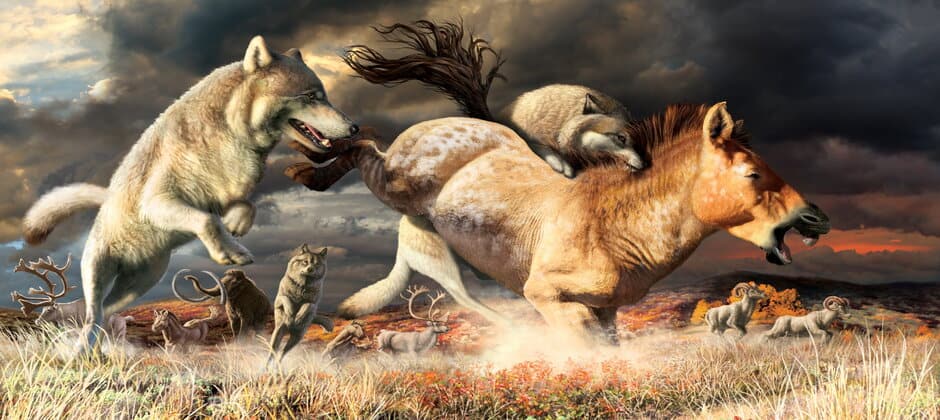
April 21, 2021
Wolves have been resilient since the Pleistocene
The climate began to change drastically in Yukon at the same time that a new invasive species was spreading across the continent, outcompeting large mammals that lived there and driving...
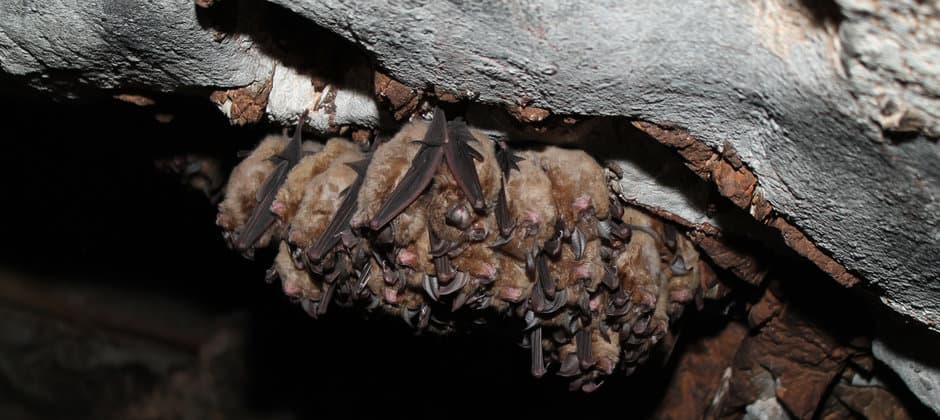
March 17, 2020
Surviving summer allows white-nose fungus to become deadlier
The fungus that causes white-nose syndrome doesn’t decay in North American caves during the summer the way it does in Europe and Asia, researchers found, allowing it to build up...
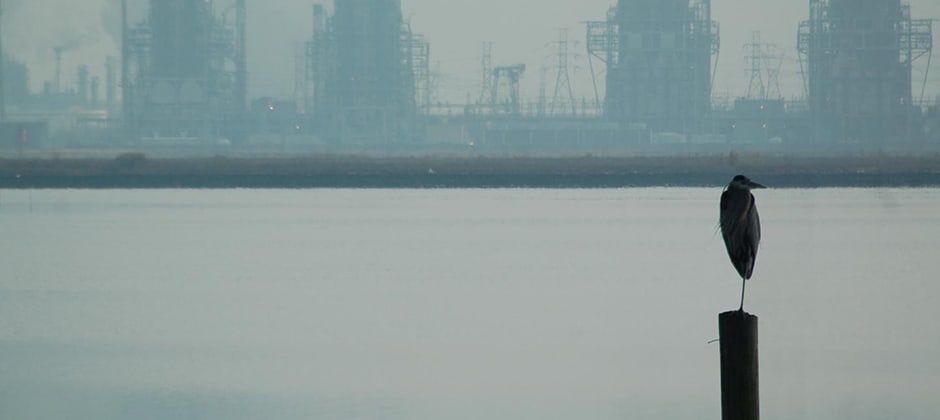
November 8, 2019
Human noise pollution impacts all North American breeding birds
North American birds face high levels of anthropogenic noise pollution, especially when they breed in human modified habitats. Most research on noise pollution’s impact on birds in the past focused...

October 16, 2018
Study finds birds that migrate long distances survive better in winter
Using weather radar to study North American bird migrations, researchers at the Cornell Lab of Ornithology made a surprising discovery: birds leaving the United States on long, hazardous journeys to...
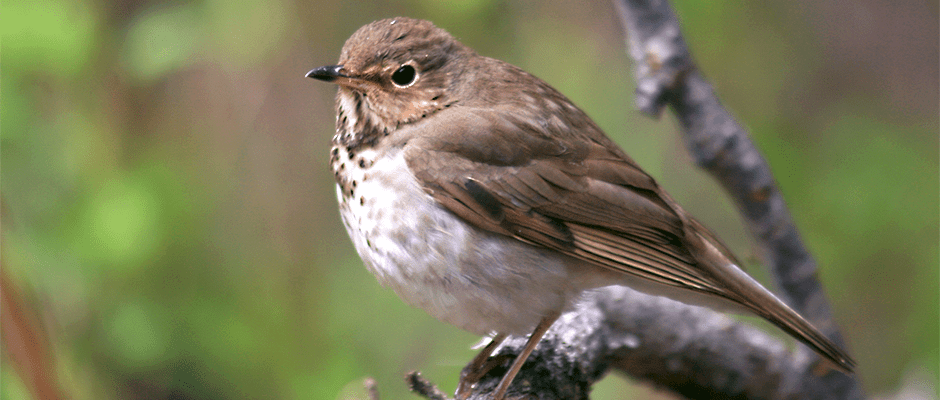
July 26, 2018
Study maps ‘climate corridors’ for shifting species
As climate change impacts ecosystems around the world, wildlife managers are expecting to see many species leave their current ranges for new areas better suited to them. But where are...
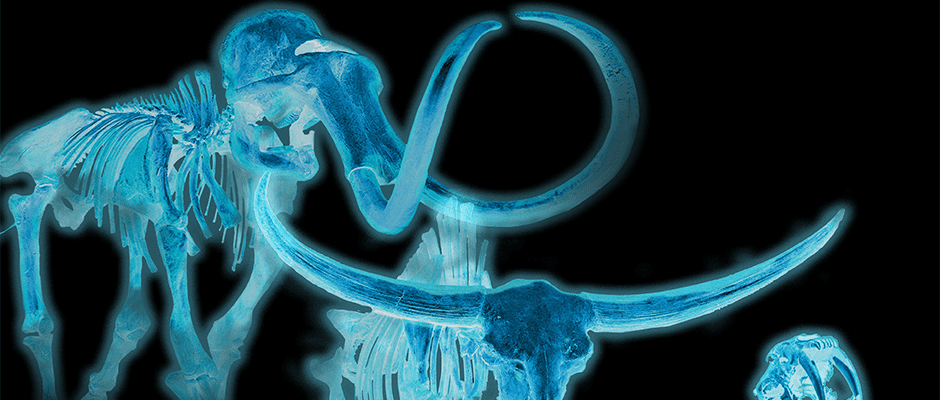
January 27, 2017
Large mammals could be irreplaceable, fossil record shows
The giant anteater (Myrmecophaga tridactyla) has a sense of smell 40 times more acute than ours and flicks its sticky tongue over 150 times per minute to eat bugs without...
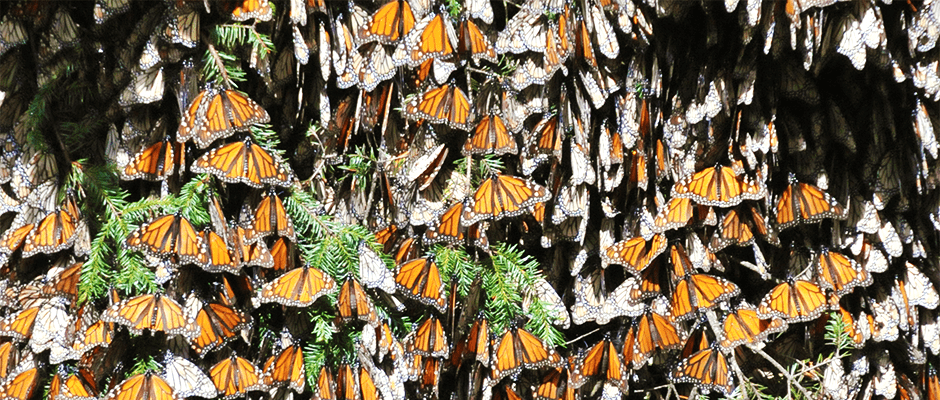
January 25, 2017
Saving monarchs by identifying where they’re born
As monarch butterfly (Danaus plexippus) populations plummet, new research suggests that efforts to save them could benefit from determining where they’re born and focusing conservation work there. “Our data suggests...

